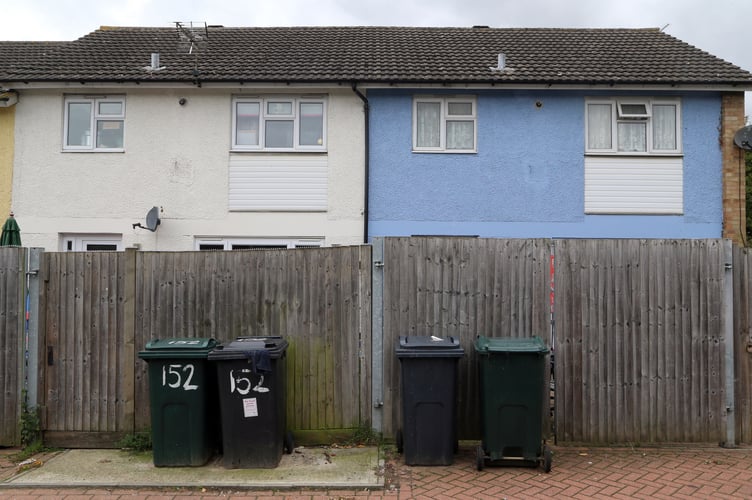Bath and North East Somerset Council has spent hundreds of thousands of pounds repurchasing former Right to Buy properties, new figures reveal.
Right to Buy legislation allows people renting local authority-owned homes to buy them at a discounted rate.
But RADAR analysis of freedom of information requests shows many councils have ended up buying back properties they had previously sold at a discount through the scheme – with £1.7 billion spent across England.
More than a billion of this has been spent since the start of 2020. It is difficult to say whether home-buying has intensified over this time period, as many councils did not provide figures from more than five or 10 years ago.
The figures show Bath and North East Somerset Council has spent £340,000 on one Right to Buy property, bought after 2020.
Across England, 8,600 homes sold under Right to Buy have been subsequently purchased by local authorities, 5,900 of them since 2020.
Harry Quilter-Pinner, executive director at the Institute of Public Policy Research think tank, said: "The scale of councils selling off properties, only to buy them back a few years later, highlights the absurdity of the austerity years – selling low, buying high, short-term savings at the expense of long-term costs, penny-wise but pound-foolish."
"As the consequences now come to bear, and councils struggle with related symptoms of the housing crisis like rising homelessness, it is crucial that the Westminster Government thinks long-term and provides sustainable funding settlements for local authorities so they can avoid this situation happening again," he added.
The data comprises freedom of information responses from 117 councils, 111 of which were able to provide data on how much they had spent.
Many of the biggest spenders were in London. Islington Council had spent the most, at a total cost of £146 million.
It was followed by Lambeth, which spent £112 million, while Barnet, Haringey and Brighton and Hove have each spent more than £80 million.
Across England, 23 councils have spent more than £10 million each since 2020.
Cllr Claire Holland, housing spokesperson for the Local Government Association, explained that councils legally have to sell housing stock at a significantly discounted price – starting at 35% for houses and 50% for flats. Councils have a right of first refusal if the buyer wants to sell, but this is "invariably more than what they originally sold it for".
"With councils spending vast sums on costly temporary accommodation due to the shortage of social housing, they look for ways to increase their stock, which includes buying back previous council housing," she said.
"In order to effectively tackle housing waiting lists, councils need the powers and resources to build more of the genuinely affordable homes our communities desperately need."
The LGA has urged reform of Right to Buy, including one-to-one replacement of lost housing stock, councils retaining 100% of sales receipts, being able to set discounts locally, and excluding new builds from the scheme.
A spokesperson for the Ministry of Housing, Communities and Local Government said: "We will deliver the biggest increase in social housing and affordable housebuilding in a generation.
"This Government will work with in partnership with councils so that together we can build the homes this country desperately needs."




